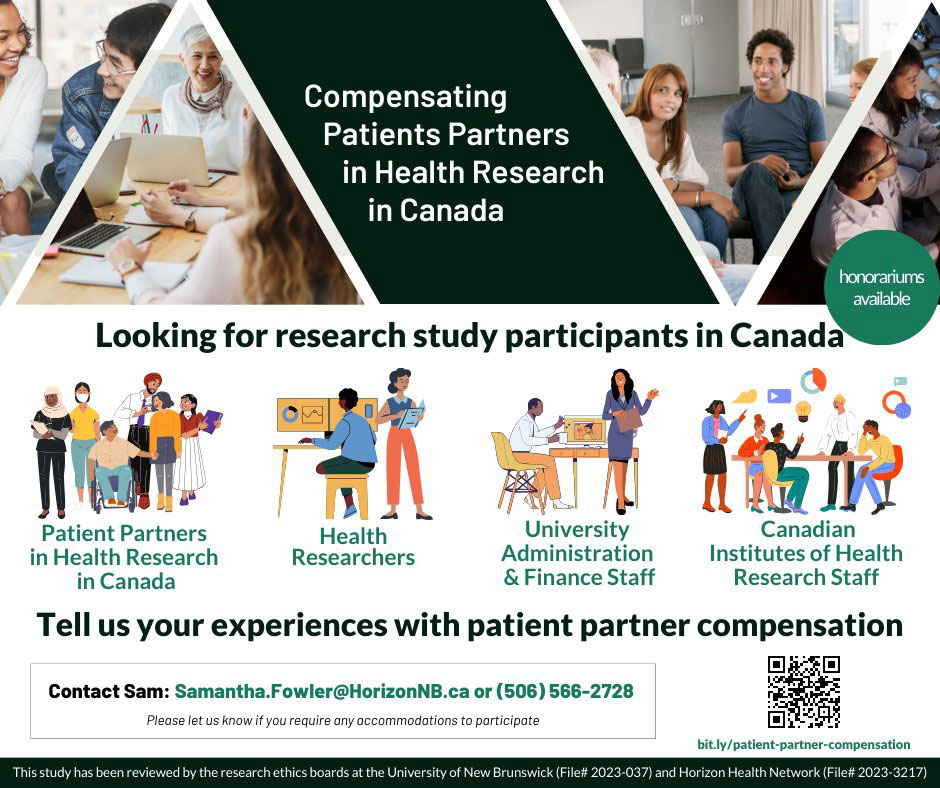Compensating Patient Partners in Health Research in Canada

Overview
Many Canadian health researchers are starting to see the importance of budgeting for compensation for patients engaged as partners for their time and expertise. However, there continues to be many obstacles to providing and receiving Patient Compensation. These challenges are typically shared through casual conversation and any possible solutions often do not consider the effects compensation might have on engaging people with diverse backgrounds related to equity, diversity, and inclusion (EDI).
People with diverse backgrounds may identify with one or more of the following (but not limited to):
- Indigenous peoples (i.e., First Nation, Métis, Inuk/Inuit),
- LGBTQIA+, gender diverse, and Two-Spirit community members,
- people facing housing insecurity or homelessness,
- individuals living in low income,
- members of a racialized community and BIPOC individuals,
- newcomers and first-generation immigrants to Canada,
- persons living with a disability,
- woman,
- any equity denied group as identified by you.
We want to learn more about these barriers and the impacts they may have on equity denied groups. It is our goal to learn what could be improved for compensating Patient Partners in health research through academic institutions.
We are looking to hear from Patient Partners with diverse voices, researchers, university staff and CIHR staff.
By participating in the study and sharing your experiences, you will help improve patient engagement and inclusion in Canada.
Eligibility
Canadians (19+) who have been patient partners in academic health research project and who hold one or more of the following perspectives:
- Indigenous peoples (i.e., First Nation, Métis, Inuk/Inuit),
- LGBTQIA+, gender diverse, and Two-Spirit community members,
- people facing housing insecurity or homelessness,
- individuals living in low income,
- members of a racialized community and BIPOC individuals,
- newcomers and first-generation immigrants to Canada,
- persons living with a disability,
- woman.
- Any additional equity-denied group as defined by you


